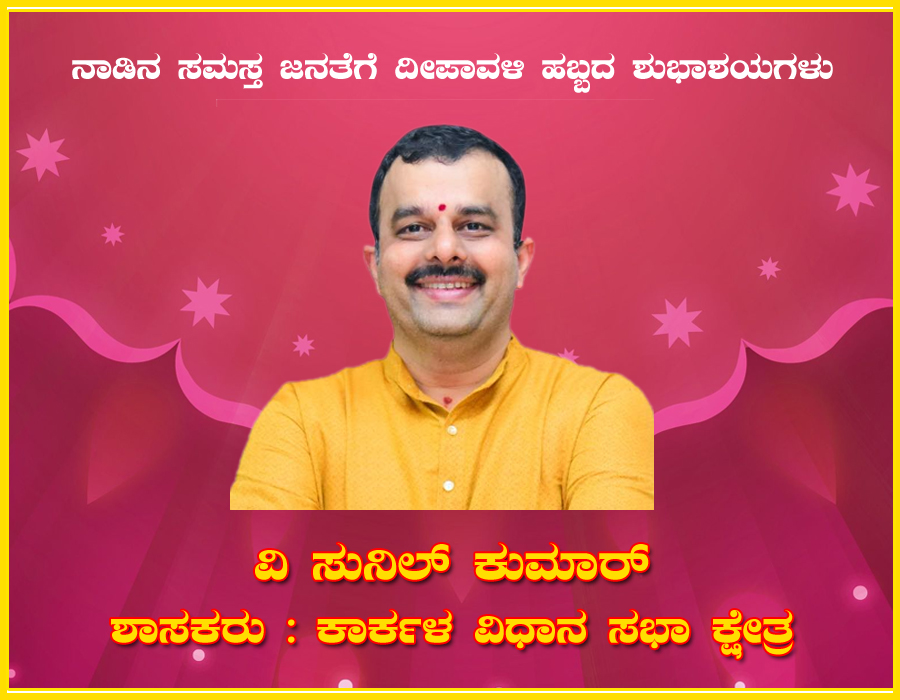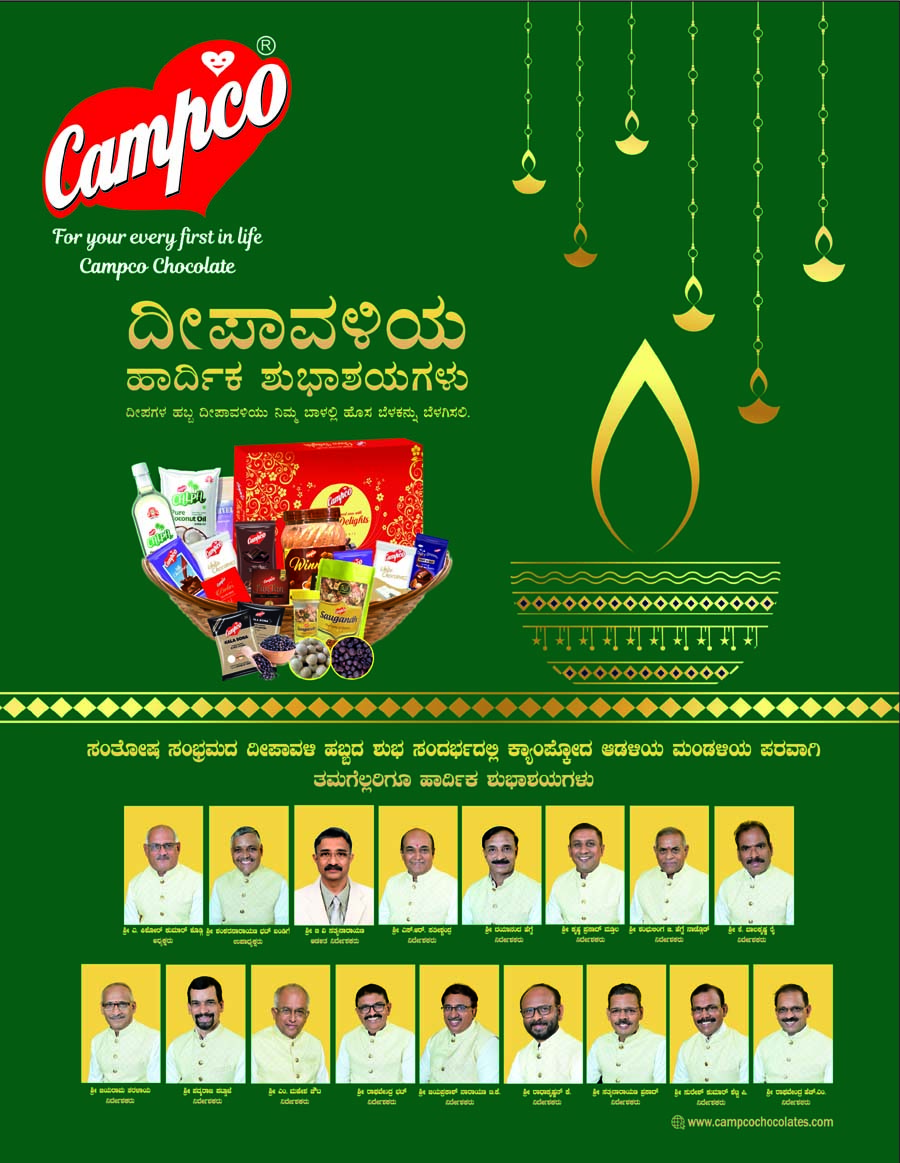Gujarat post-poll survey: Narendra Modi-led BJP way ahead of Congress
11:56 AM, Tuesday, December 18th, 2012 New Delhi : Politics in Gujarat has been synonymous with Narendra Modi for over one decade. Modi has not only towered over his rivals in the Congress but also over his party colleagues. The post-poll survey conducted in Gujarat by CSDS for and The Week shows that the BJP under Modi’s leadership is once again set to trounce the Congress and give the Gujarat Chief Minister a hat-trick of electoral victories.
New Delhi : Politics in Gujarat has been synonymous with Narendra Modi for over one decade. Modi has not only towered over his rivals in the Congress but also over his party colleagues. The post-poll survey conducted in Gujarat by CSDS for and The Week shows that the BJP under Modi’s leadership is once again set to trounce the Congress and give the Gujarat Chief Minister a hat-trick of electoral victories.
The survey is restricted to just the first phase of polling which took place on December 13 in 87 seats out of the 182. The seat projection by Dr Rajeeva Karandikar, Director, Chennai Mathematical Institute, shows that BJP far ahead with 53-63 seats (the party had won 117 in 2007 in the 182-member Assembly). The Congress will trail far behind with only 19-27 seats (the party had won 59 in 2007) with other smaller parties are likely to win three to nine seats 9 (others had won six seats which included three by the NCP, one by the JD(U) and two Independents n 2007).
Even the vote percentage show a similar pattern with the BJP set to garner 45 per cent, the Congress 33 per cent and others could get the remaining 22. Among the others former chief minister Keshubhai Patel’s Gujarat Parivartan Party (GPP) is likely to corner 12 per cent of the votes. Keshubhai’s party is strong in the 48 seats of Saurashtra, which is dominated by Leuva Patels who have been not very happy with the Modi regime.
The survey figures also include 35 seats in South Gujarat and four seats of North Gujarat. The findings reveal that BJP would remain the single largest party and GPP could finish with a double digit vote share. During the campaign, there was a marginal shift towards the Congress and the GPP and a slight decline in the vote share of the BJP during the campaign period.
A sizeable proportion of voters seem to have taken their voting decision a few days before polling or during campaign as compared to previous years. This could partly explain the increase in the Congress and the GPP’s vote share during the campaign period.
Almost 44 per cent of voters in the first phase want the current BJP government to get another chance. This is a seven percentage point drop from the pre-poll figures of 51 per cent. Voters in Saurashtra, which is Modi baiter and GPP leader Keshubhai’s bastion, are almost equally divided on their opinion on re-electing the incumbent BJP government.
But the survey also shows that Narendra Modi is the overwhelming choice for the chief ministers post with 41 voters backing him while the second spot of a tie between Keshubhai and Shankersinh Vaghela with both getting eight per cent votes. Among the Patels Narendra Modi has an even higher rating at 43 per cent while Keshubhai is far behind with 34.
The one worrying factor for Modi is that the satisfaction among voters with the work done by the BJP government seems to have dipped over the past few months. Even though the Patels have shifted away from the BJP their satisfaction with the work done by the government remains extremely high.
Overall, price rise and Bijli-Sadak-Paani seem to be the most important election issue for the respondents. In Saurashtra, however, farmer’s issues and problems seem to be more important than price rise. On the other hand, in South Gujarat, almost one third of the respondents consider price rise as the most important issue in these elections.
For both the BJP and Congress voters the party seemed to matter more than the candidate, while a large proportion of the GPP voters put more importance on the candidate. Party’s leadership mattered most for the voters of all three major parties and even those who said that they voted for party, voted largely for the party leadership. Overall, those who paid more attention to the candidate than the party largely voted on the basis of the work done by the candidate. However, for the Patels, the candidate’s caste/community was another important consideration.
It appears that the BJP is leading among Upper Castes, Kshatriyas, Kolis and other OBCs. GPP seems to be making inroads into the Patel social base of both BJP and Congress. The Congress seems to be maintaining its hold over SC, ST and Muslim voters. The GPP seems to be making inroads into the Leave Patel vote bank of both the BJP and the Congress. There is a possibility that the BJP could lose some of its traditional Karwa Patel vote bank to the GPP.
Simillar Posts
Warning: count(): Parameter must be an array or an object that implements Countable in /home/megamcaq/public_html/wp-content/plugins/post-plugin-library/common_functions.php on line 357
- None Found
Leave a Reply
© Copyright 2008 www.megamedianews.com All Rights Reserved. Privacy Policy








 Posted in
Posted in  Tags:
Tags: 






